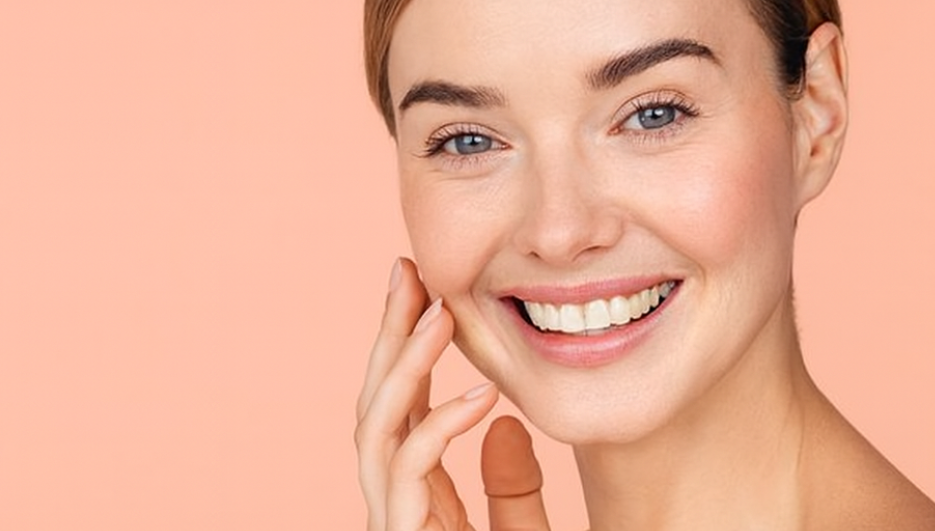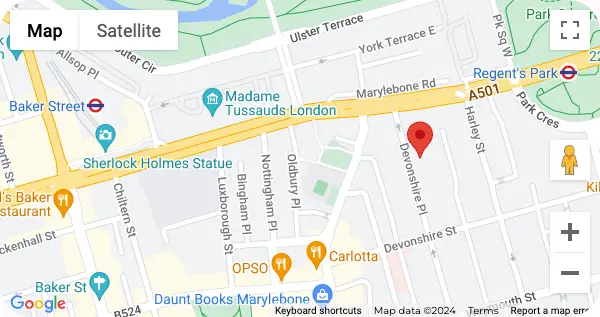Can You Use Retinol Before Microneedling?
Are you using retinol as part of your skincare routine and deciding to have microneedling? If so, you have to stop using retinol for at least one week prior to your microneedling treatment because it can increase sensitivity and irritation to your skin.
So what happens if you use retinol before microneedling? We will discuss it in this article.
What is Retinol?
Retinol is a skincare ingredient derived from vitamin A and is commonly used for the skin to help fight acne and various signs of ageing that we normally have when we get older. If you are using retinol in your skincare routine, most likely your skin’s dullness and unevenness will come to disappearance. Rough patches will soon be smoothed out as it sheds dead skin cells over time. This is the reason why retinol users have a bright complexion that glows within. You may also notice that their skin is plumper and looks younger because it can enhance collagen production if used regularly.
The best part, retinol is easy to find in beauty stores or pharmacies and doesn’t need a prescription to buy one.
How does Retinol Affect the skin?
Retinol can do wonders for our skin. Individuals who have problematic skin use retinol because it can be purchased over the counter. A lot of users also prove that it has been effective in treating their skin issues. It can help treat various skin problems, such as:
- Acne-prone Skin: If you have many pimples, it is because of your dead skin cells that have clogged the pores of your skin. Retinol can help clear it up and prevent breakouts from coming back.
- Signs of Ageing: There’s a significant reduction of problematic skin that has wrinkles, fine lines, and even pigmentation for those who use retinol. It will eventually make you look young because it enhances the production of collagen.
- Sun Damage: If you spend your time a lot in the sun, you are likely to develop skin issues ( fine lines and wrinkles, as well as pigmentation). Retinol can speed up cell turnover and help these signs disappear.
Incorporating retinol into your skincare routine will make your skin look hydrated because it can remove dead skin cells that make you look dry and dull. It will replace the old skin with a new and healthy one. It also has antioxidant properties that fight against free radicals (the unstable molecules responsible for damaging the skin and accelerating ageing).
What is Microneedling?
Microneedling (collagen induction therapy) is one of the best and most popular non-invasive skin rejuvenation techniques. Most people choose this treatment because it can provide them significant results that help change their lives and give them self confidence.
This treatment is done using a device with tiny needles, where controlled micro-injuries will be created in the top layer of your skin. Our body has a natural healing process and will begin to heal the created wounds. This will allow the repair of damaged cells and stimulate collagen production.
You may notice flaking and peeling of your skin a few days after microneedling. It means that your skin is now starting to heal, and that’s great news. Don’t skip a moisturiser that is gentle to your skin once you feel some dryness and itchiness on the treated area.
Benefits of Microneedling
If you want significant changes to your look, you might want to consider microneedling treatment. You don’t need to undergo the knife or other invasive procedures to achieve good skin because having microneedling treatments can give your skin a lot of benefits.
- Improves Scars
- Reduce Creases
- Refines Enlarged Pores
- Improved Skin Texture
- Fades away dark spots or hyperpigmentation
- Helps even skintone
You can enjoy these benefits if you follow your doctor’s pre- and post-treatment instructions. It will help you recover faster and prevent any risks associated with the treatment.
The Interaction of Retinol and Microneedling
Why Using Retinol Before Microneedling is Discouraged
It is not advisable to use retinol before microneedling because retinol make your skin barrier thinner and it is more prone to adverse reactions and sensitivity. If your skin is in this condition, creating micro-injuries on your skin will make the sensitivity and irritation worse. You may still use retinol after, but you need to wait 5-7 days or until the redness or irritation subsides.
Potential Negative Effects of Pre-Treatment Retinol
If you use retinol before your microneedling, chances are high that your skin will become irritated. It is because your skin condition is sensitive and thin; if injuries are inflicted on it, it may become severely damaged.
Negative effects are:
- Irritation and Discomfort: If you did not stop retinol and combine it with microneedling, there’s a chance that a severe reaction may take place in your skin. Because your skin is thin and injured, it will lead you to experience worse redness and peeling, together with burning and itching.
- Delayed Healing: The combined effects of microneedling and retinol may slow down your healing process. Because of the multiple severe reactions, your skin might take longer to recover.
- Increased Sensitivity: Retinol can make your skin more sensitive, and so can microneedling as well. Adverse effects can be increased if you have too much skin sensitivity.
- Uneven Results: When our wounds takes longer to heal, they may develop scars or uneven patches.
Retinol Effects on Skin Post Microneedling
Your skin will have small pathways as a result of micro-injuries created by microneedling. These can make the skincare you apply go on a deeper level.
Retinol is a strong ingredient that can make your skin become irritated or feel like it’s burning. So it is best that you use some serums with calming effects or one that is gentle to your skin while you are in your recovery process.
Effective & professional doctor-led Retinol Before Microneedling at our central London clinic
Verified Before & After
Verified Before & After
Recommendations for Combining Retinol and Microneedling
Ideal Timing for Retinol Application
Since microneedling can make your skin overly sensitive and easily irritated, most doctors will make a recommendation to stop using retinol before the procedure. Stopping about three to five days ahead of your session is a good rule of thumb. That short break will give your skin time to rebuild its barrier and your skin to calm down, and be ready for the treatment. After your treatment, you may go back to using retinol after 5 to 7 days or until your skin has fully recovered from microneedling.
Alternative Preparations for Microneedling
If you still want to take care of your skin and apply skincare products before having microneedling, you may consider some safe alternative options. To keep your skin’s barrier strong, you have to use gentle cleansers and moisturisers. A serum with hyaluronic acid can really help plump things up, and if you want extra hydration and faster healing. Vitamin C serums are a solid choice if you want a brighter look and more collagen support. And the golden rule- never skip sunscreen. Use it before and after getting microneedling to protect your skin from the sun.
Conclusion
If you want to have bright and smooth skin, but you don’t want to undergo surgery, retinol and microneedling can be the answer. But here’s the catch, it is not good to use them at the same time because when you use retinol, your skin can become thinner and more sensitive. So if you add microneedling to that, there’s a possibility of developing bad reactions. You are also at risk of having scars because your skin can have severe irritation and may heal slowly.
After getting your microneedling, you should avoid direct sun exposure as you have sensitive skin afterward. Follow your doctor’s post-treatment care to heal faster and completely. A radiant skin, together with a youthful appearance, will eventually show in your face. Maintain it by reintroducing retinol and including it in your skincare regimen.
FAQs
- Is it safe to use retinol before microneedling?
It is not safe to use retinol prior to your microneedling because it can create an increase in sensitivity and adverse reactions. That’s why your doctor may recommend you to stop using retinol a week before your scheduled microneedling.
- How long should I wait after microneedling to resume retinol?
It is best to wait for at least 5 to 7 days before you go back in using retinol again. Others may need to wait longer time before their wound heals and the sensitivity go away.
- What are the risks of combining retinol and microneedling improperly?
There are risks associated when combining retinol with microneedling because of too much sensitivity and adverse reactions that individuals may experience. The risks may involve too much dryness and peeling, together with redness and a long time for wound healing.
- Are there alternatives to retinol for pre-microneeding skincare?
You have to avoid retinols before getting a microneedling treatment to avoid skin irritation. If you still want to apply some skincare on your face, you may replace retinol with serums like hyaluronic acid; it’s gentle and will not irritate your skin.
- Can retinol enhance microneedling results if used correctly?
Microneedling can give you good outcomes if it is done the right way. It has the ability to improve your skin’s texture and increase collagen production, which makes it the reason why your skin looks smoother and younger. If you have acne scars and darker skin tones, it will improve with microneedling.
Reserve a microneedling appointment
One of our experts will be more than happy to answer any questions you have.
Book AppointmentRosie McDonald
★★★★★
Dr Basu was kind & helpful - we were able to do the procedure on the day which was great!
31st January 2026
MsRm909
★★★★★
Excellent service as usual
31st January 2026
Matt Empringham
★★★★★
Great experience
28th January 2026









